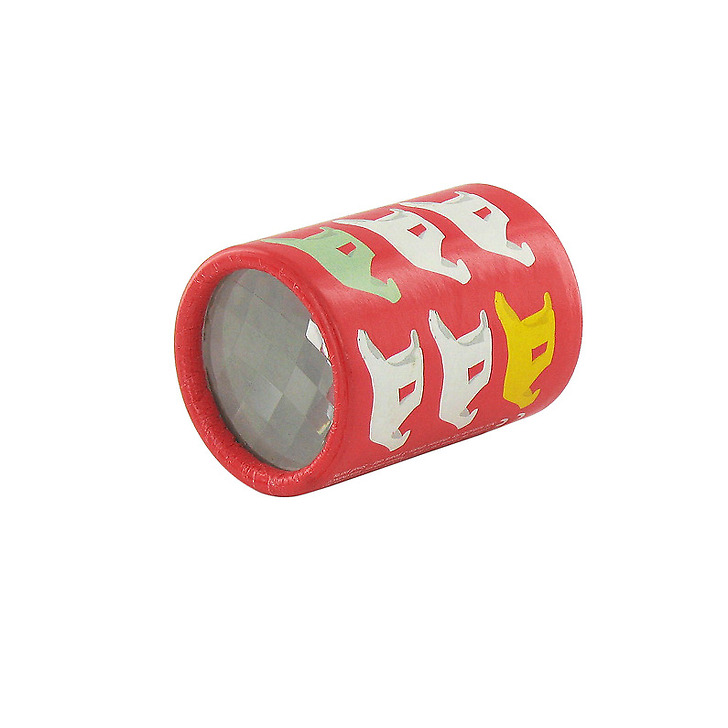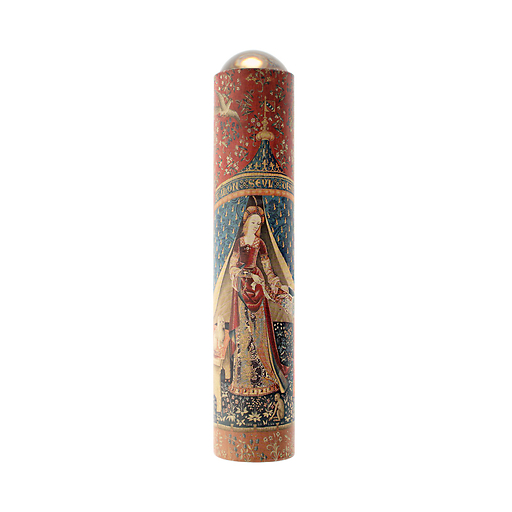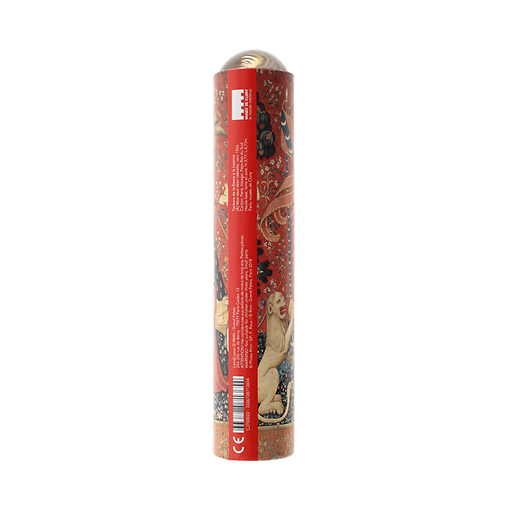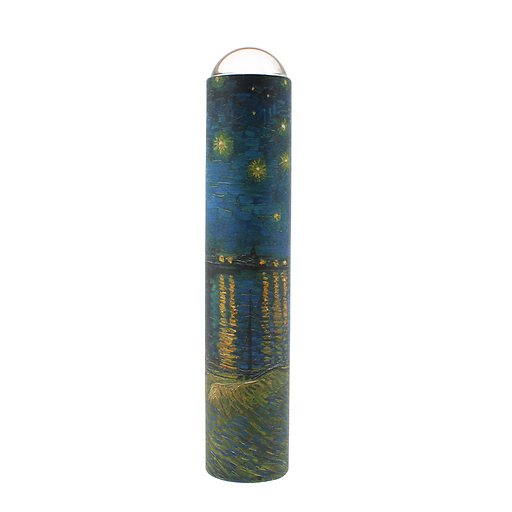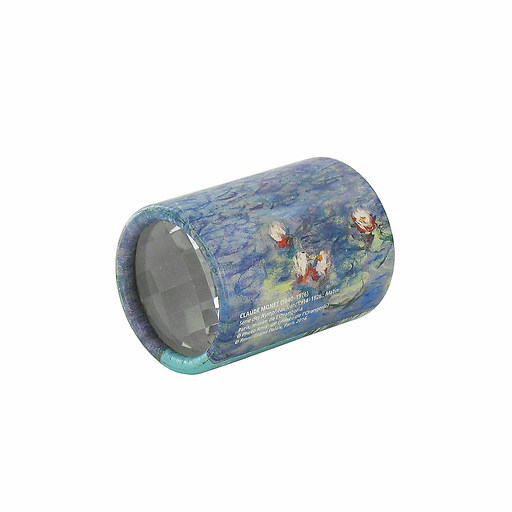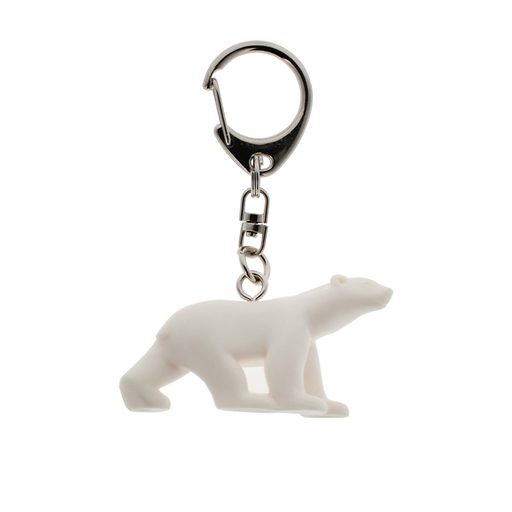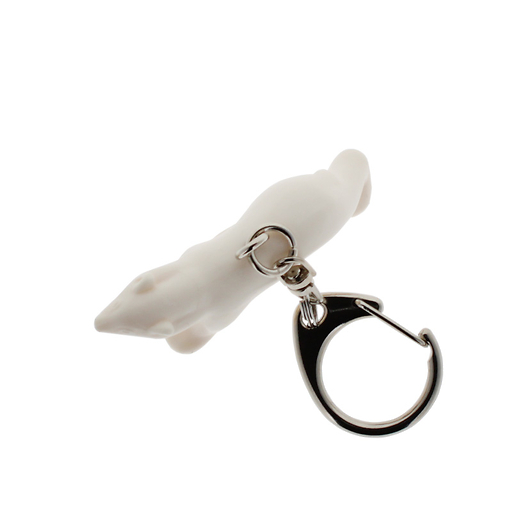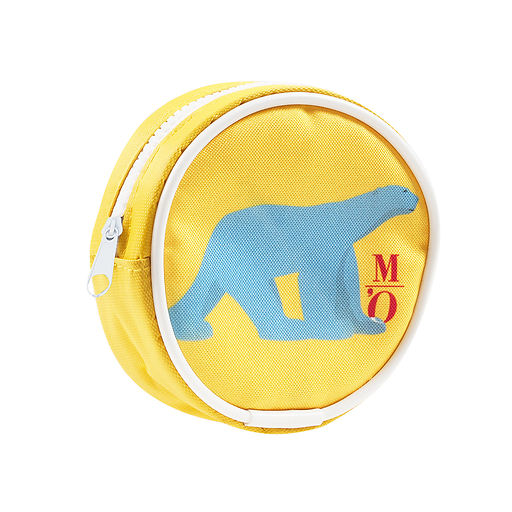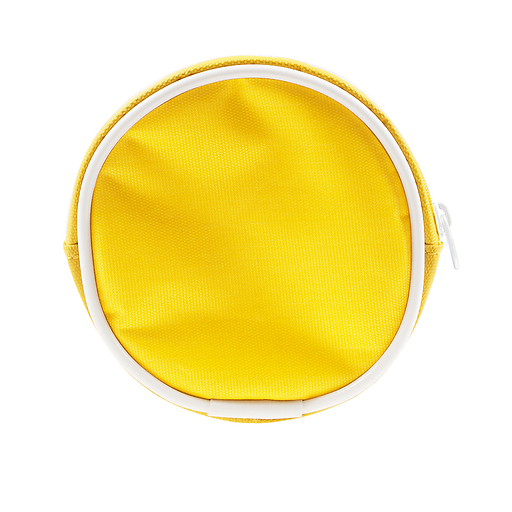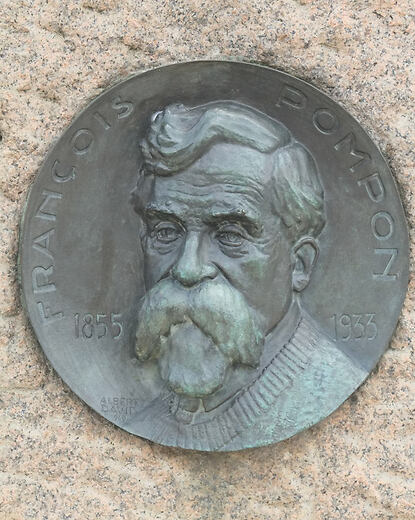The youth product line "Pompon" offers a stylized and colorful interpretation of the famous sculpture of the Musée d'Orsay: the White Bear by François Pompon.
Its fresh and dynamic drawing is available on small everyday objects and decoration : kaleidoscope, Watter bottle, cup... which will delight...
Read more
The youth product line "Pompon" offers a stylized and colorful interpretation of the famous sculpture of the Musée d'Orsay: the White Bear by François Pompon.
Its fresh and dynamic drawing is available on small everyday objects and decoration : kaleidoscope, Watter bottle, cup... which will delight the youngest by bringing this artwork into their universes.
Close

